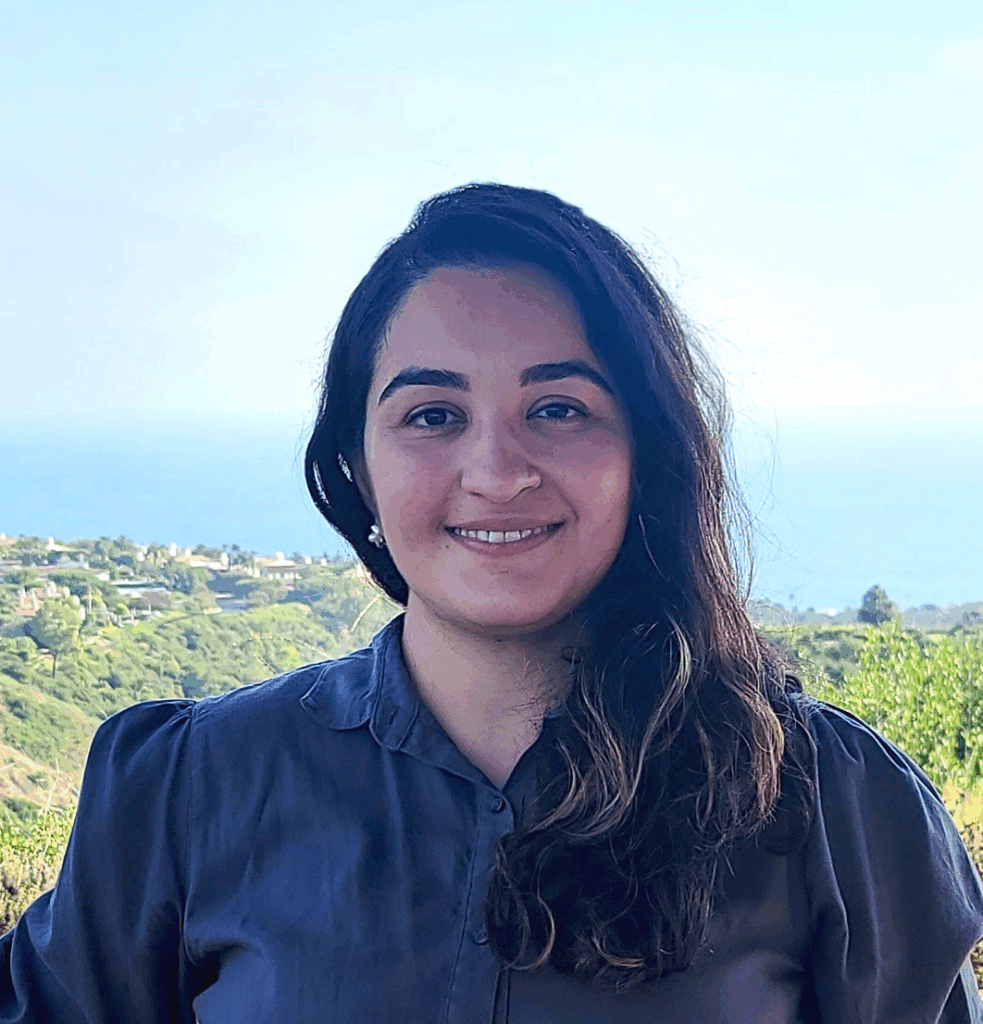
Ghazaleh Eskandari-Sedighi, PhD, a postdoctoral research fellow at the University of California, Irvine, has been awarded a prestigious research grant from the BrightFocus Foundation’s Alzheimer’s Disease Research program. The two-year, $200,000 grant will support her efforts to better understand how the brain’s immune cells might contribute to resilience against Alzheimer’s disease.
Alzheimer’s currently affects more than 7 million Americans over the age of 65. With no known cure and the number of cases projected to triple by 2050, the urgency to uncover new treatments is greater than ever. Eskandari-Sedighi’s work aims to do just that by focusing on what protects some individuals from developing the disease in the first place.
Her project will examine rare hereditary traits that appear to offer natural protection against Alzheimer’s, particularly the APOE Christchurch variant. Using innovative stem cell models, she will study how this protective variant affects microglia, the immune cells that reside in the brain. While the research is still in its early stages, the hope is that uncovering how these protective mechanisms work could point to new, more effective microglia-based therapeutic targets.
For Eskandari-Sedighi, the award is not just an opportunity to advance her research — it’s a meaningful milestone in her scientific journey. “Receiving the BrightFocus Postdoctoral Fellowship is meaningful to me because it allows me to pursue studying what I’m passionate about and be part of the BrightFocus community of highly talented fellows and scientists,” she said. She emphasized that the funding is a critical stepping stone as she works toward establishing her own independent research group.
She also underscored the promise of her research direction, noting, “Considering the significant advancements in the field of microglia-based therapeutics, the results from this proposal can clarify the impact of microglia-based expression of a protective variant such as APOE Christchurch as a promising therapeutic target against AD.”
As the field of Alzheimer’s research continues to evolve, efforts like Eskandari-Sedighi’s are a reminder that the next breakthrough may come not just from treating disease, but from understanding the body’s natural defenses against it.
